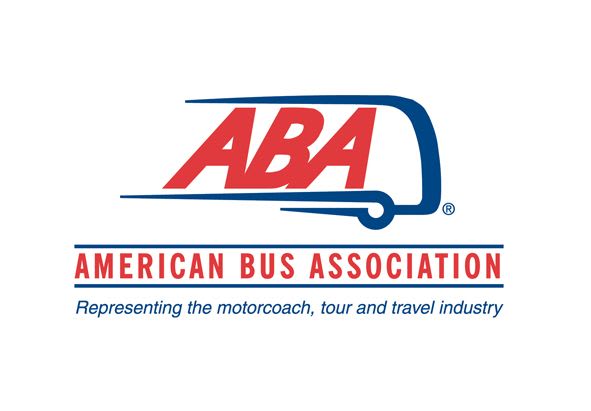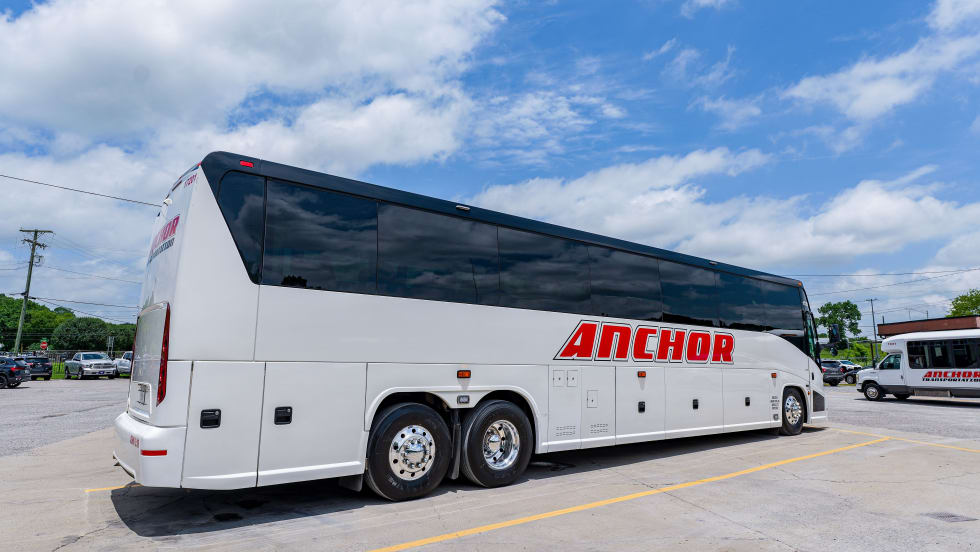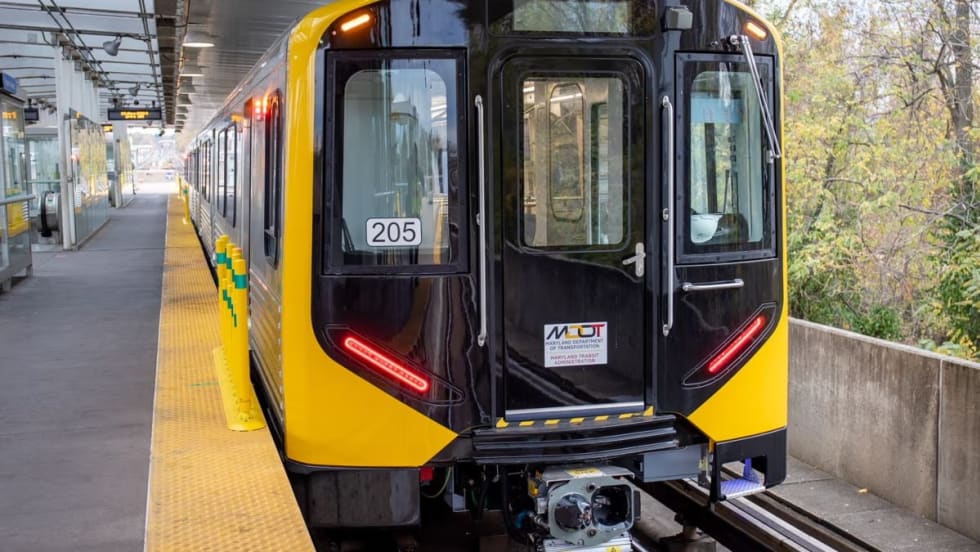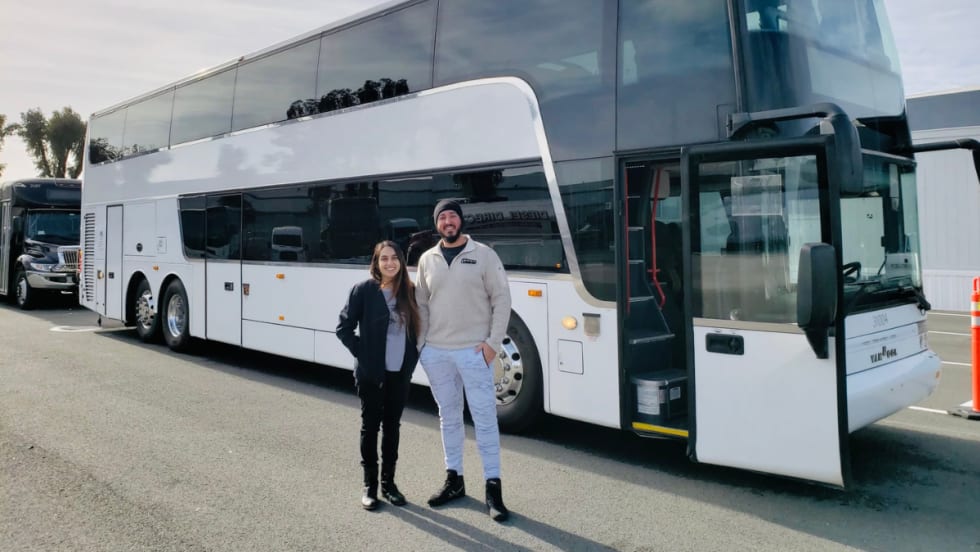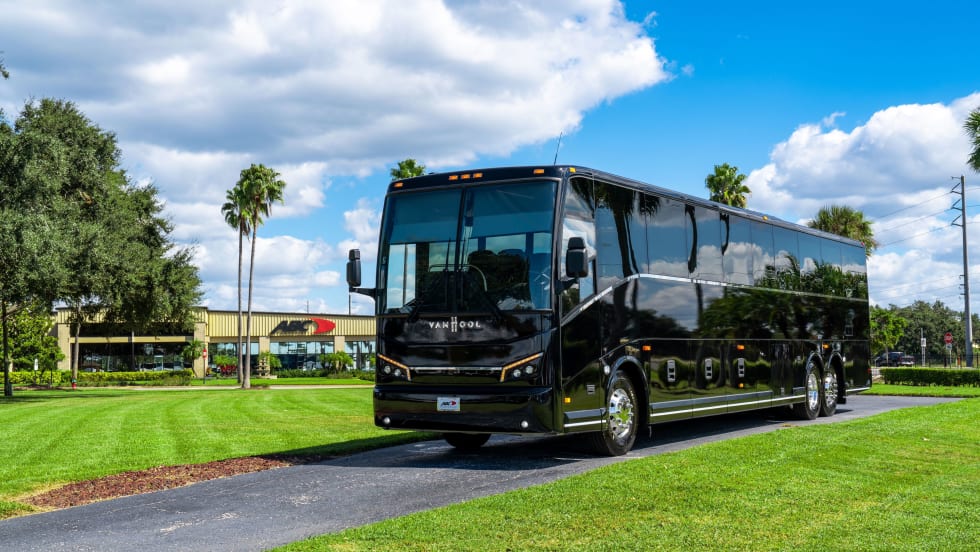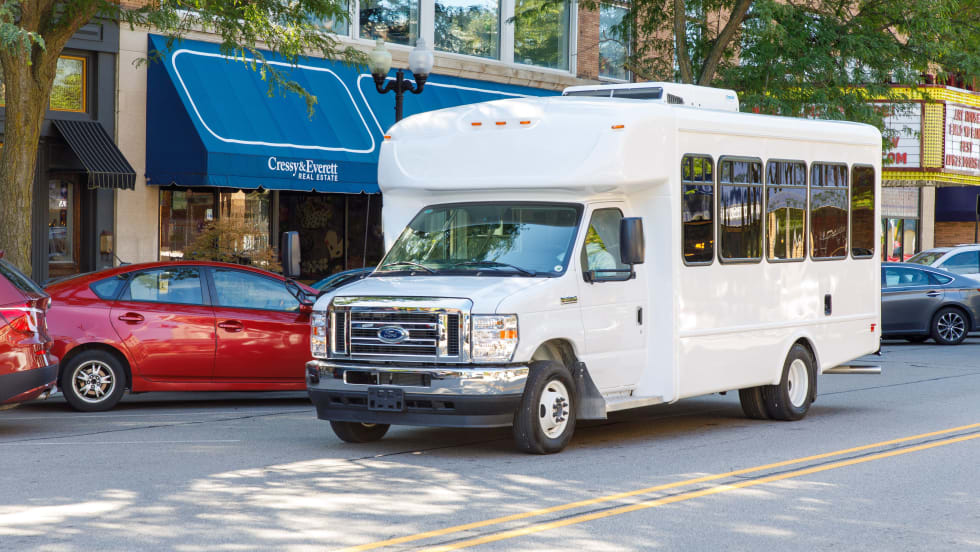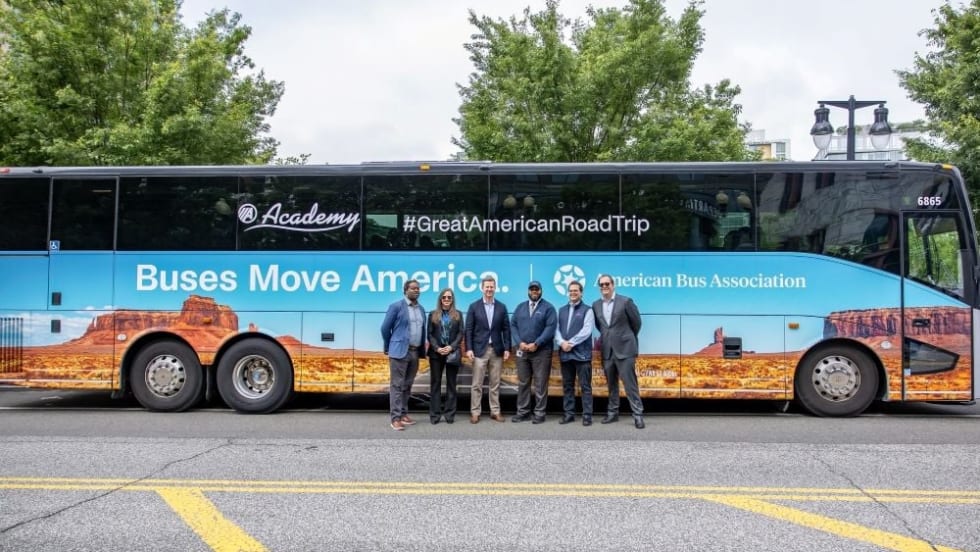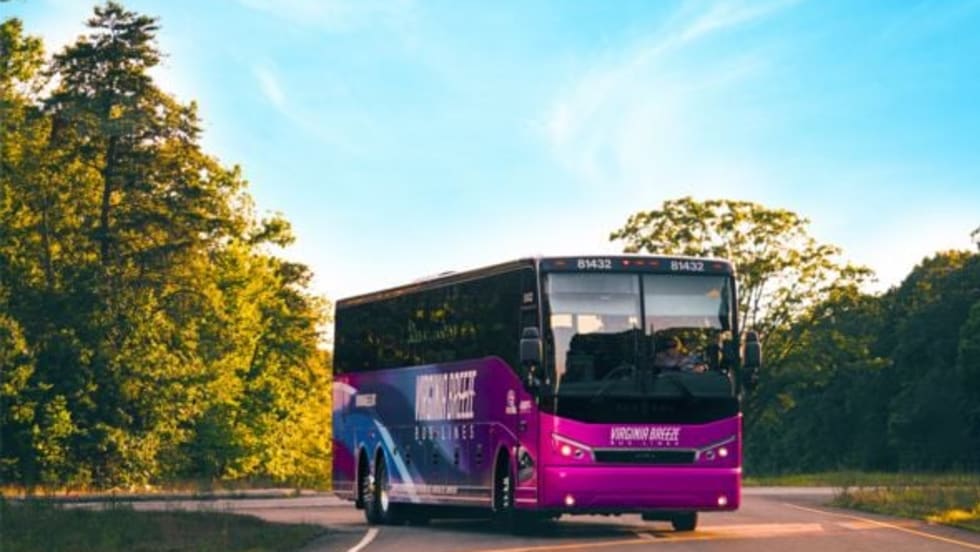The American Bus Association (ABA) released a report for the motorcoach and group travel industry outlining sample policies to help promote cleanliness and safety for post-pandemic travel.
"ABA established a task force comprised of industry leaders to develop peer-reviewed sample policies to share with the entire industry," said Peter Pantuso, president/CEO of ABA. "What our task force put together should be a great help to the entire industry when companies are creating their cleaning protocols. Showing the public that our buses are clean and that companies have solid safety and cleaning programs will help assure travelers that it is safe to travel by motorcoach."
The task force, co-chaired by ABA Chairman of the Board Don DeVivo of DATTCO Inc. in New Britain, Conn., and ABA Board Member Terry Fischer of Transportation Charter Services in Orange, Calif., focused on six main themes: Employee Care, Bus Maintenance & Cleaning; Customer Care; Remote Travel Incidents; Emergency Evacuations; and Communicating with the Public and Partners about Clean Buses.
"The task force has created a comprehensive set of sample policies for the industry to refer to," said Fischer. "We looked at various government and research recommendations, included our partners and suppliers in discussions as well as what our customers have shared with us since the pandemic on what they need and are looking for from us to feel comfortable to travel again by motorcoach. Safety has always been the industry's number one focus and cleanliness is a big part of that."
The main message behind the guide is that the motorcoach industry is ready to take travelers wherever they want to go in clean buses. We are the safest and cleanest — both inside and for the environment — mode of transportation.
To view the report, click here.
"We want to assure the public that companies are cleaning and disinfecting coaches during trips; filtering in fresh air throughout the ride; our employees are trained in safety and cleanliness protocols and there are protocols in place to protect passengers as much as we can," said DeVivo.



